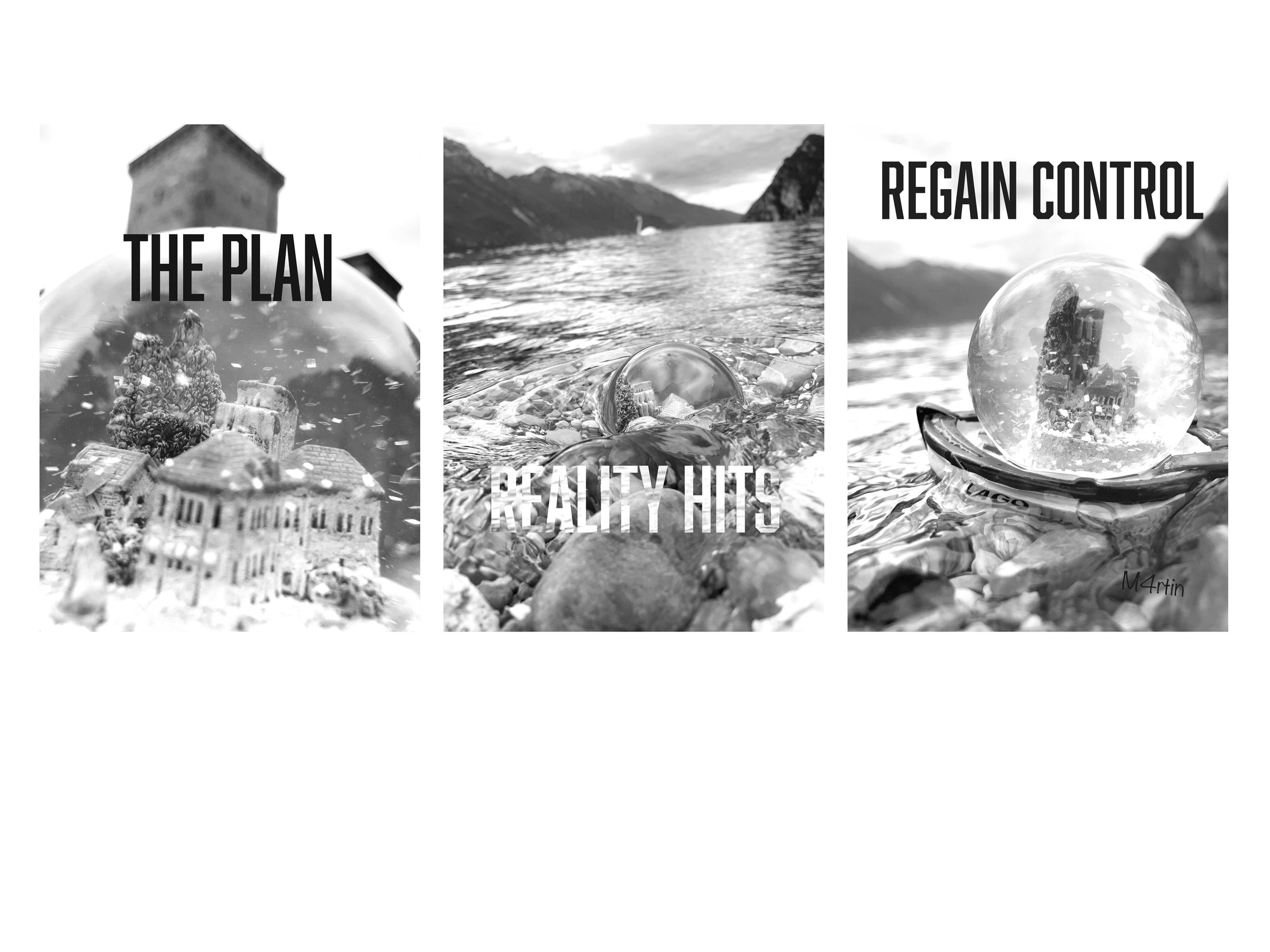A Roadmap to the New Status Quo
Here we are, at the end. Ideally you will walk away from this short programme with a list of action options that leave you in control of the situation with a clear roadmap.
There will be, of course, much more to do. But the most important thing is that you know your priorities, that you are aware of those action points that provide you with the biggest impact.
Whatever you do, you cannot go it alone. The more transparent you are with your employees, stakeholders such as suppliers and customers, the more help you will get. They understand the current situation as good as you do, and if you provide value in the marketplace, they will be happy to help as much as they can and keep you going.
Get used to Rethinking the Status Quo
The crisis is also one that puts our ability to solve new problems to a test.
As we have explored, the rapidly shifting environment requires us to change the way we operate, whether it is the challenge of climate change, digitalisation, globalisation, or now, finding new ways of remote working and transactions.
Within each of these shifts there are the ones who try to preserve the status quo. Most often preserving that preserving of the status quo comes at the cost of the wider society. Climate change illustrates this, as does the lack of competitiveness of those industries who tried to prevent digital business models from entering their markets through lobby work.
But then there are those who tackle the future by finding new solutions. This is not always easy. But it’s worth it, and most important, it makes us more competitive because nobody has ever won the fight against change.

